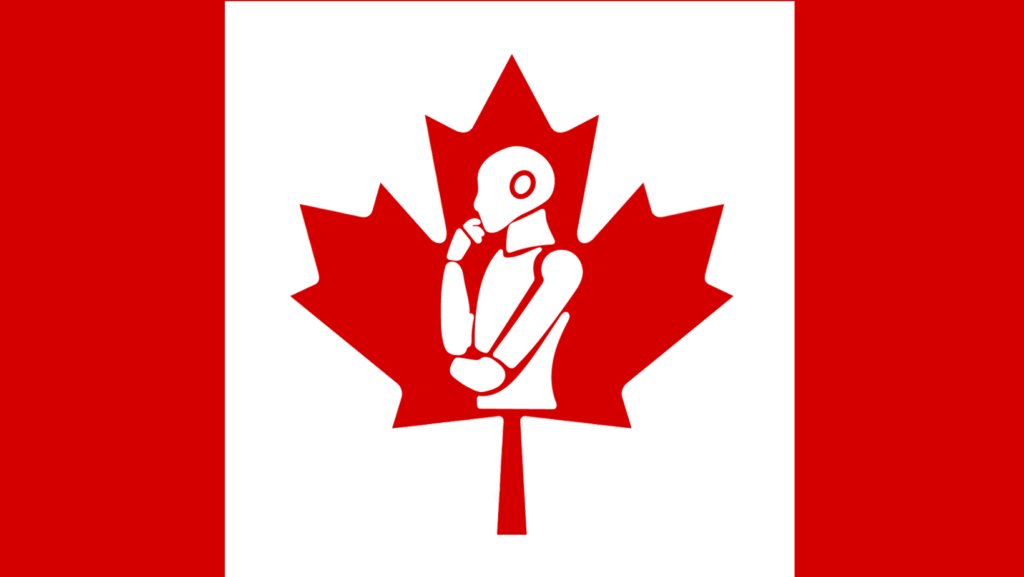The Canadian government has been actively involved in regulating artificial intelligence (AI) to ensure its responsible and ethical use. Over the years, several developments have taken place, with various initiatives and policies being implemented to address the challenges and opportunities presented by AI. Here is a year-wise breakdown of some key developments in Canada’s AI regulation. In March 2017, the Canadian government announced the Pan-Canadian Artificial Intelligence Strategy, which aimed to position Canada as a global leader in AI research and innovation. The strategy included an investment of CAD 125 million in three AI institutes located in Montreal, Toronto-Waterloo, and Edmonton. In December 2017, the Canadian Institute for Advanced Research (CIFAR) released a set of Ethical Guidelines for AI research.
In April 2018, the Canadian government established an AI Advisory Council consisting of experts from academia, industry, and civil society. In November 2018, the Canadian government launched a national consultation process to develop a data strategy that would address issues related to data governance, privacy, and security. In May 2019, the Canadian government introduced the Digital Charter, which outlined principles for building trust in the digital world. The charter emphasized the need for ethical and accountable AI systems. In June 2019, the Treasury Board of Canada Secretariat released an AI impact assessment tool.
In February 2020, the Canadian government launched a regulatory modernization initiative to ensure that regulations keep pace with technological advancements, including AI. In November 2020, the Canadian government introduced the Digital Charter Implementation Act as part of its efforts to strengthen privacy protections and regulate online platforms. In March 2021, the Canadian government released a draft AI governance framework for public consultation. In June 2021, the Office of the Privacy Commissioner of Canada launched a consultation on regulating AI. In June 2022, the Government of Canada tabled the Artificial Intelligence and Data Act (AIDA) as part of Bill C-27, the Digital Charter Implementation Act, 2022. The framework proposed in the AIDA is the first step towards a new regulatory system designed to guide AI innovation in a positive direction, and to encourage the responsible adoption of AI technologies. Further in 2023 Canadian Government came up with Significant guidelines “ Guide on the use of Generative Artificial Intelligence” to govern the utilisation of Generative AI systems like ChatGPT .
| YEAR | REGULATIONS |
| 2017 | Pan-Canadian Artificial Intelligence Strategy |
| 2018 | Directive on Automated Decision-Making |
| 2019 | AI Task Force and Regulatory |
| 2022 | The Artificial Intelligence and Data Act (AIDA) |
| April 2023 | Updates to the Directive on Automated Decision-Making |
| September 2023 | Guide on the use of Generative Artificial Intelligence |

